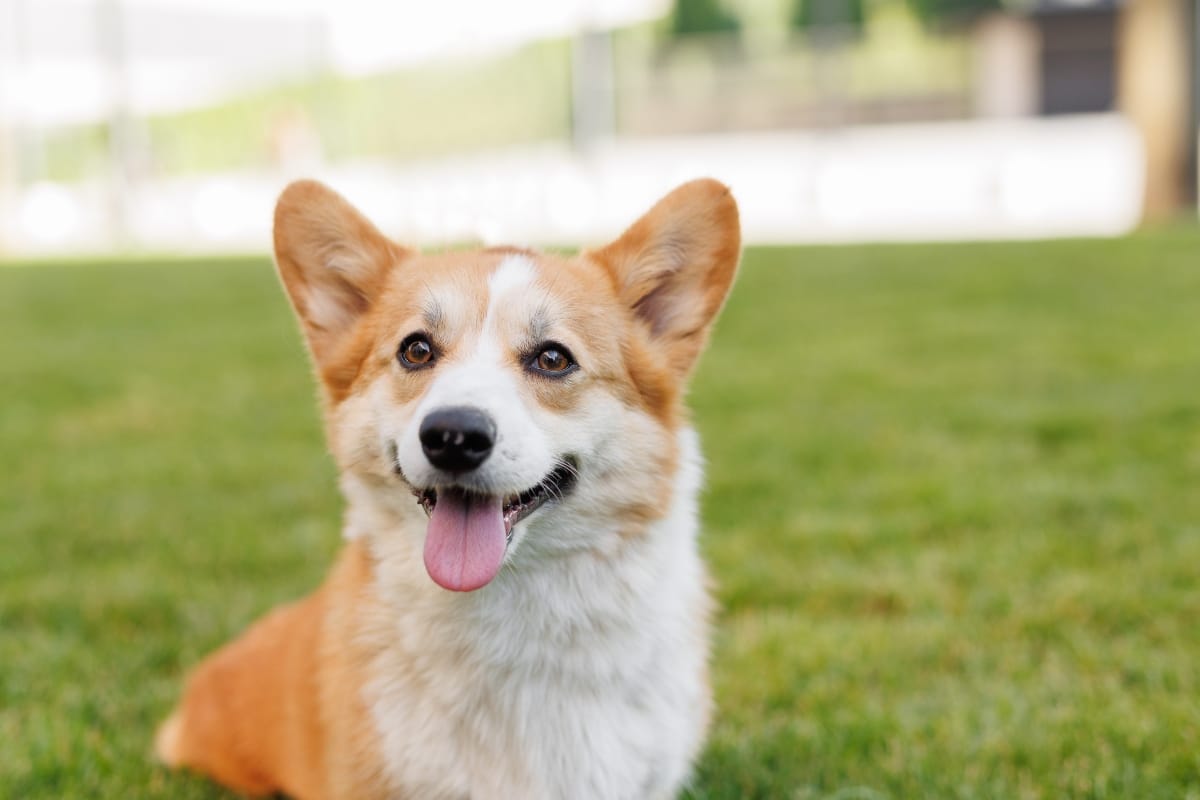 Shutterstock
Shutterstock
Dogs might not talk, but their minds are full of thoughtful, impressive activity. From recognizing your emotions to understanding routines and solving little challenges, dogs process more than we often realize. They’re not just reacting to the world, they’re thinking, remembering, and learning from every interaction. Whether they’re figuring out where you hid the treats or comforting you after a long day, their brains are working in ways that are both emotional and intelligent. Our furry companions are far more aware and sometimes sneakier than we give them credit for.
Dogs Understand Human Words and Tone
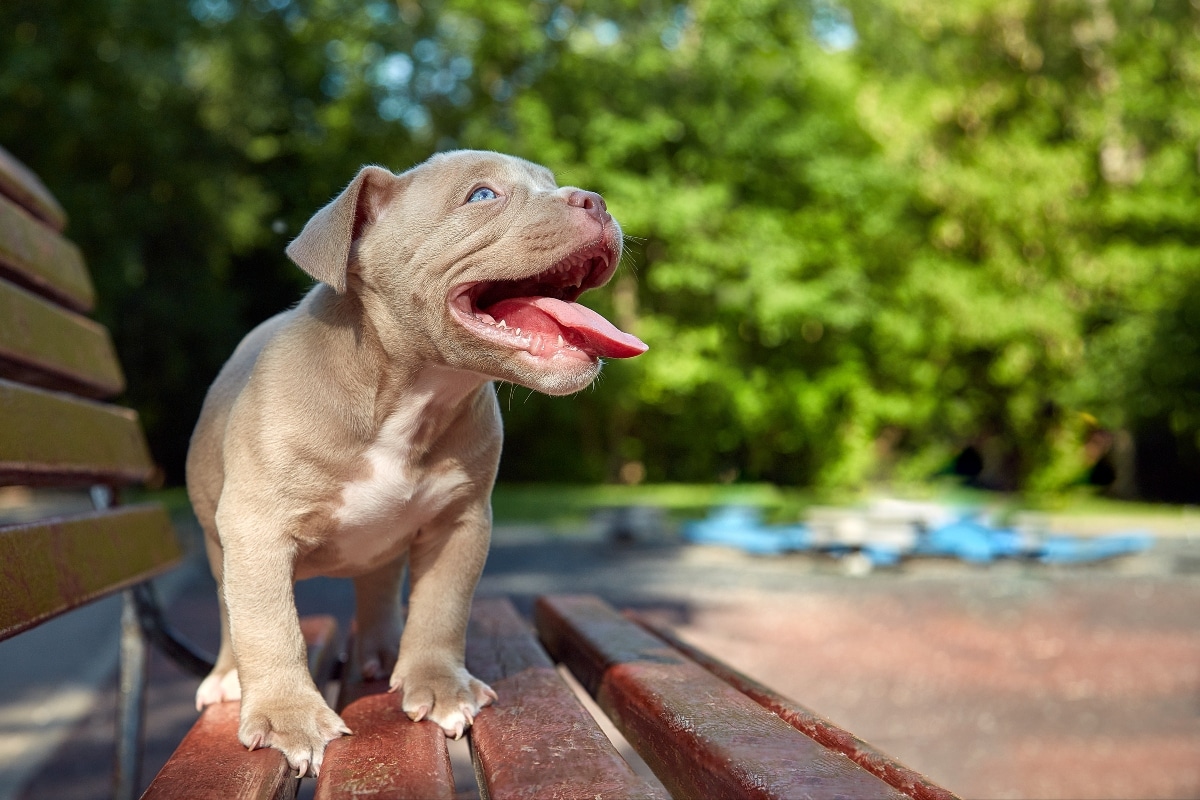 Shutterstock
Shutterstock
Dogs don’t just hear sounds, they process them for meaning. Research shows they can distinguish between familiar words and nonsense, and they respond differently depending on your tone. Say “good dog” with enthusiasm, and their brains light up with joy. Say the same words with no emotion, and they’re less impressed. They’re not just reacting to noise, they’re actually paying attention to what you say and how you say it.
Dogs Can Read Human Facial Expressions
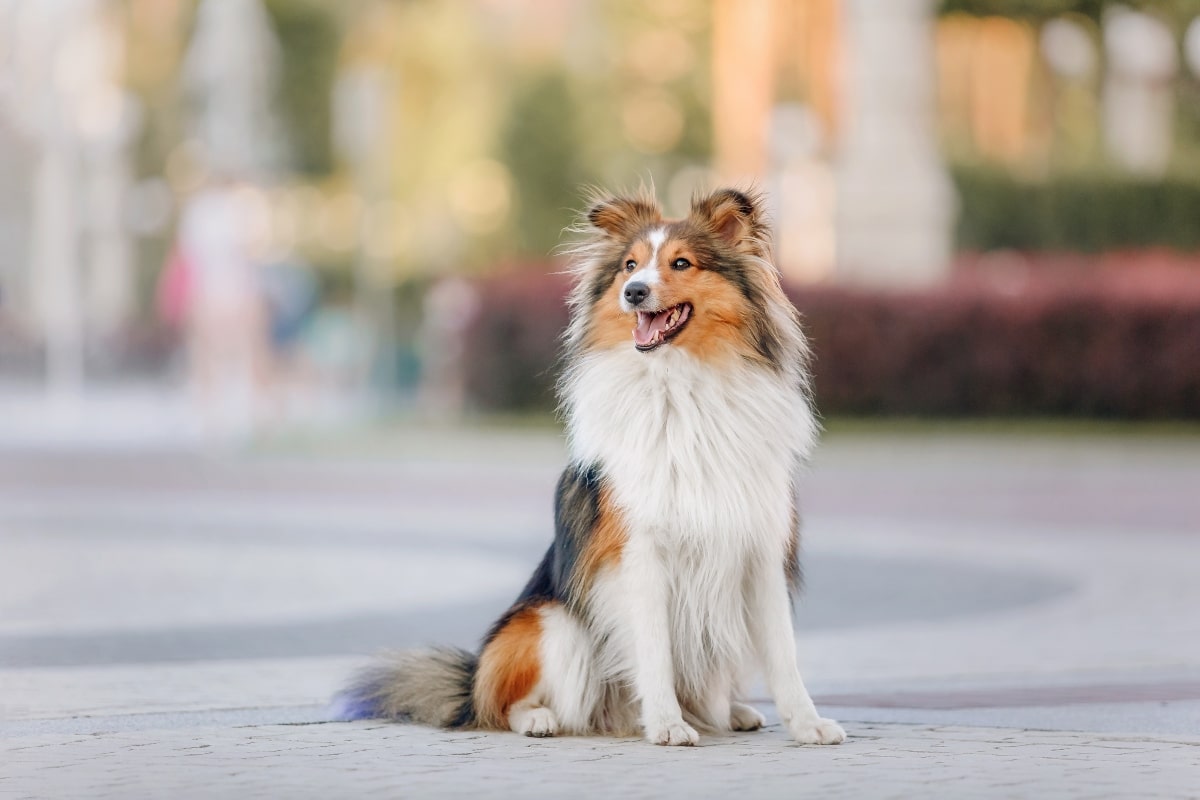 Shutterstock
Shutterstock
Dogs are pros at decoding our faces. Studies have found that they can tell when we’re happy, sad, angry, or surprised just by looking at us. That’s why your dog might comfort you when you’re down or look guilty when you’re mad (even if they’re not actually guilty). Their brains are wired to read social cues, making them natural emotional support experts without even trying.
Dogs Know When You’re Paying Attention
 Shutterstock
Shutterstock
Ever notice how your dog behaves differently when you’re watching? That’s because dogs are aware of our gaze and use it to make decisions. They’re more likely to follow commands or sneak food depending on whether you’re looking at them. It’s not just instinct, it’s observational thinking. Yes, your dog might actually be checking to see if you’re watching before they misbehave.
Dogs Can Count Sort Of
 Shutterstock
Shutterstock
Dogs can’t do long division, but they can understand small quantities. Studies show that dogs can differentiate between one, two, and three items and know when one is missing. This helps them during training and games, especially when treats are involved. So if you think you can trick your dog by giving fewer snacks, think again. They’re doing the math in their own way.
Dogs Understand Fairness
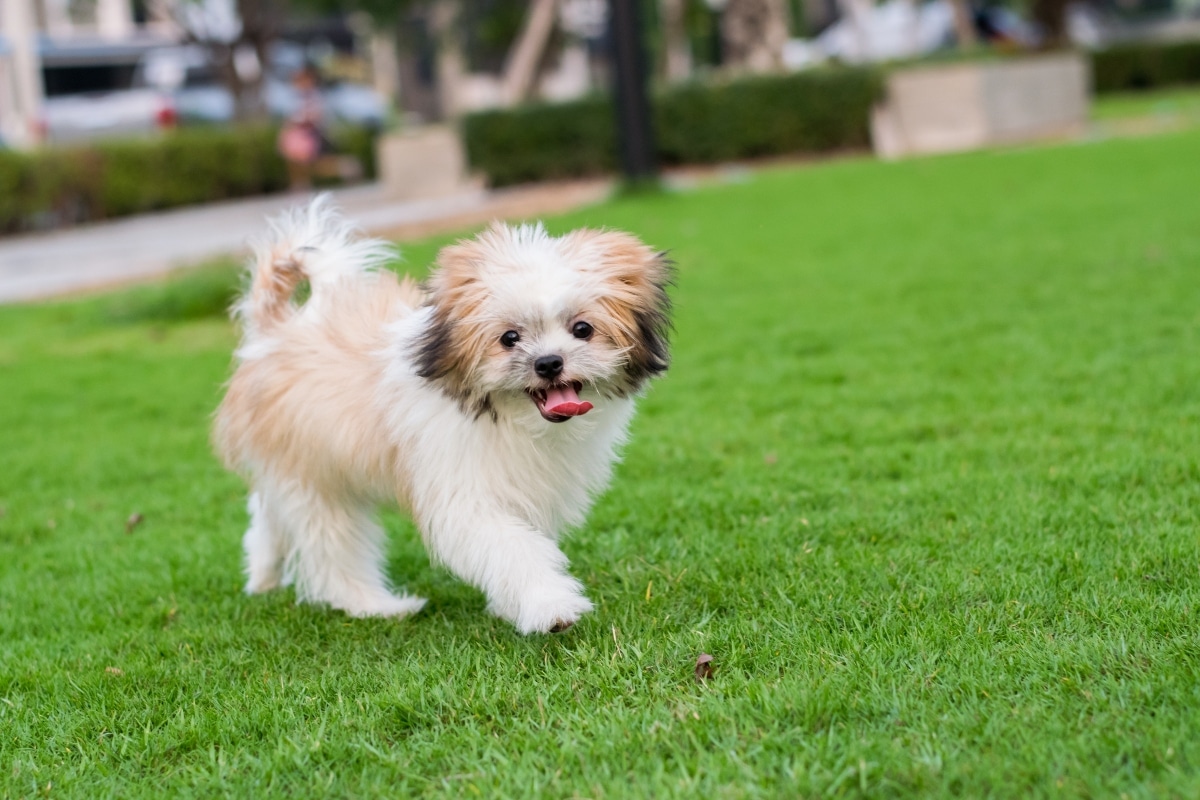 Shutterstock
Shutterstock
Dogs notice when their furry siblings get extra treats and they don’t. In experiments, dogs have shown frustration when another dog gets rewarded for doing nothing while they work. They’ll stop playing along if they feel they’re being treated unfairly. It’s not just jealousy, it’s a real sense of fairness. Apparently, even dogs believe in equal pay for equal work.
Dogs Remember the Past
 Shutterstock
Shutterstock
Dogs may live in the moment, but they also have episodic memory, the ability to recall past experiences. This is how they remember the route to the park or which drawer holds the treats. They also remember specific events, like the last time they got a bath (and try to avoid it). Their memories help them make better decisions and navigate daily life like seasoned pros.
Dogs Can Make Decisions Based on Observation
 Shutterstock
Shutterstock
Dogs watch and learn from us all the time. Whether it’s figuring out how to open a door or when to jump on the couch, they often make decisions by observing what we do. They learn routines, predict outcomes, and even model their behavior after ours. So yes, your dog has probably picked up a few of your habits, good and bad.
Dogs Have a Sense of Self, Sort Of
 Shutterstock
Shutterstock
While they might not recognize themselves in a mirror, dogs have shown signs of self-awareness in scent-based studies. They know their own scent and can detect changes, suggesting they have an understanding of “me” versus “not me.” This is part of how they navigate their world and interact with others. It’s a quiet kind of self-knowledge that doesn’t need a mirror selfie.
Dogs Know When You’re Coming Home
 Shutterstock
Shutterstock
Many dogs start getting excited minutes before their person returns, even without hearing a car. They seem to sense routine and changes in the environment that signal your return. Some scientists think it’s a combination of internal clocks, scent fading, and environmental cues. Either way, it’s not just a coincidence; it’s part of their amazing mental map of your world.
Dogs Can Feel Empathy
 Shutterstock
Shutterstock
When you’re upset, your dog often knows and reacts. They might cuddle closer, stay quiet, or try to comfort you in their own way. Dogs have shown signs of empathy, responding to their humans’ emotional states with changes in behavior. It’s more than companionship, it’s a connection. They’re not just being cute, they’re genuinely tuned in to how you feel.
Dogs Learn Through Positive Reinforcement
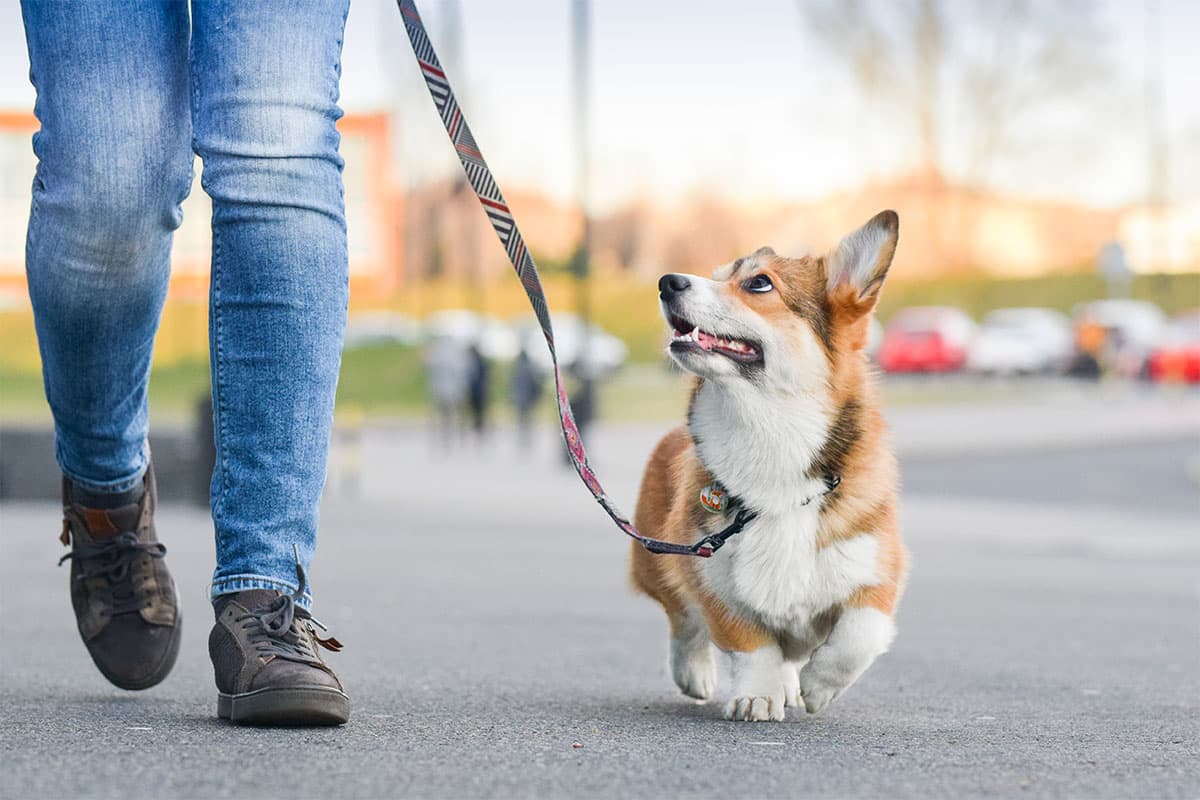 Shutterstock
Shutterstock
Dogs don’t just obey, they learn. Positive reinforcement helps them associate behaviors with outcomes, which strengthens their decision-making skills. They’re not just doing tricks, they’re learning patterns, predicting rewards, and adjusting based on experience. It’s a form of learning that shows how adaptable and intelligent they really are.
The Brainy Pup Committee Is Always Plotting
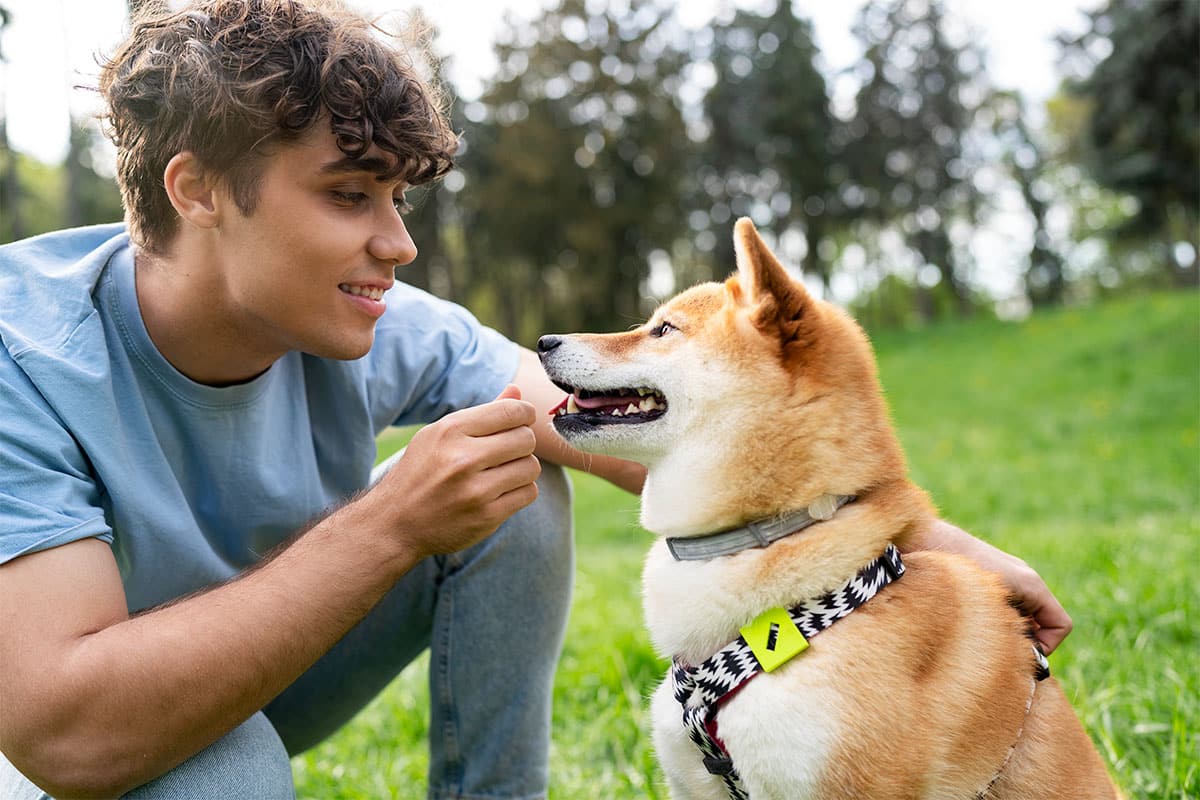 Shutterstock
Shutterstock
Dogs are far more than adorable goofballs; they’re intelligent, observant, and emotionally in tune with the world around them. Whether they’re watching your every move, solving little problems, or somehow knowing exactly when dinner hits the bowl, their minds are always working. These amazing facts remind us just how deep their thinking runs. So the next time your pup does something shockingly clever or oddly perfect, don’t chalk it up to chance. They’ve probably been watching, processing, and planning it all along, possibly since the minute you woke up.

 1 month ago
29
1 month ago
29
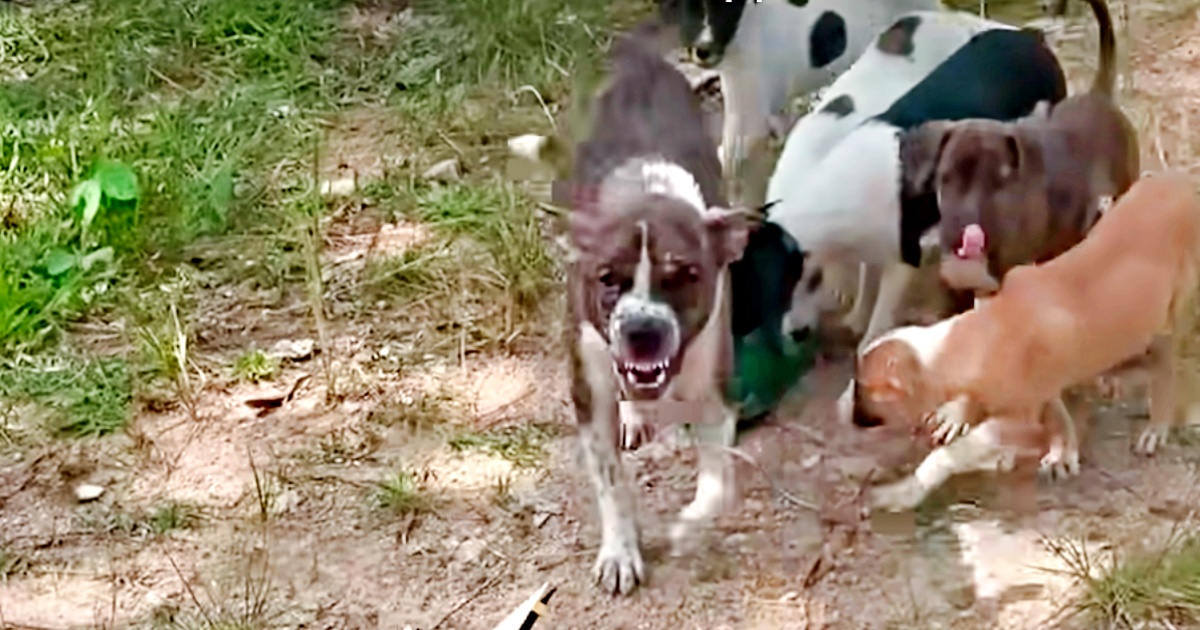


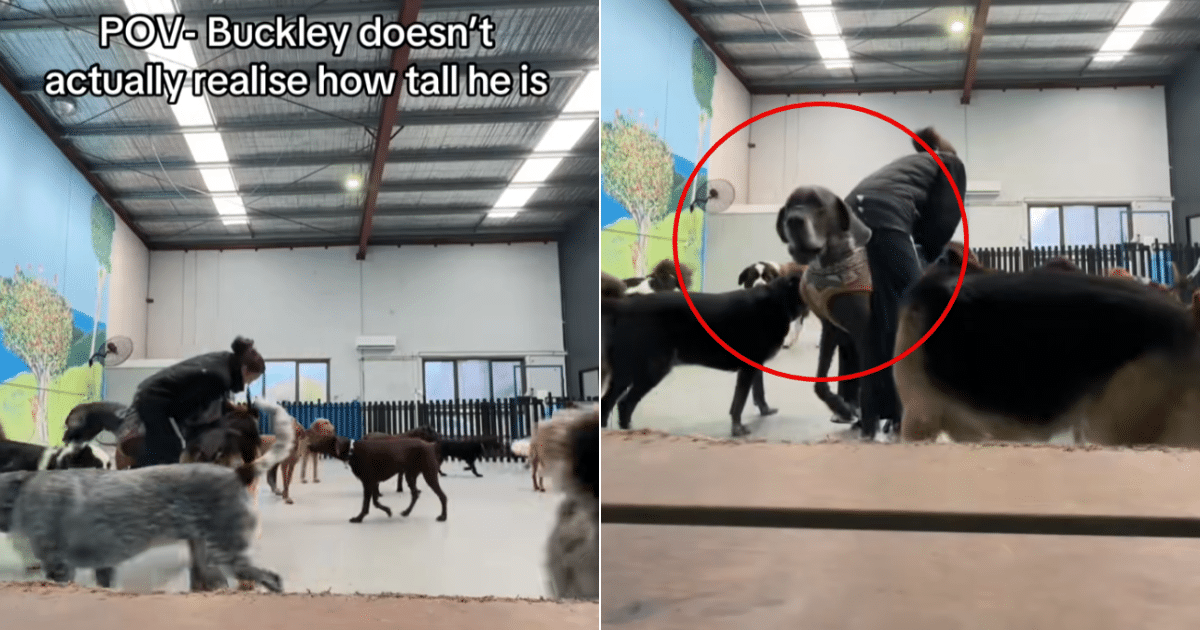


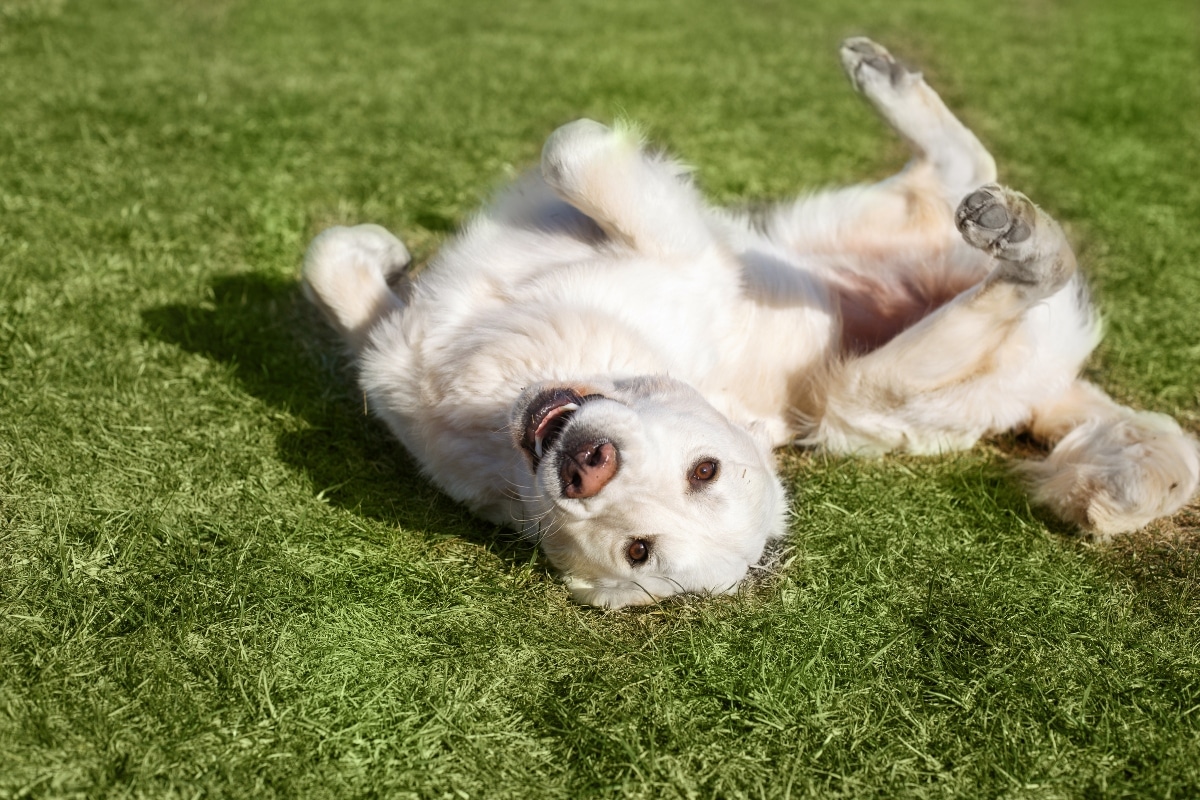





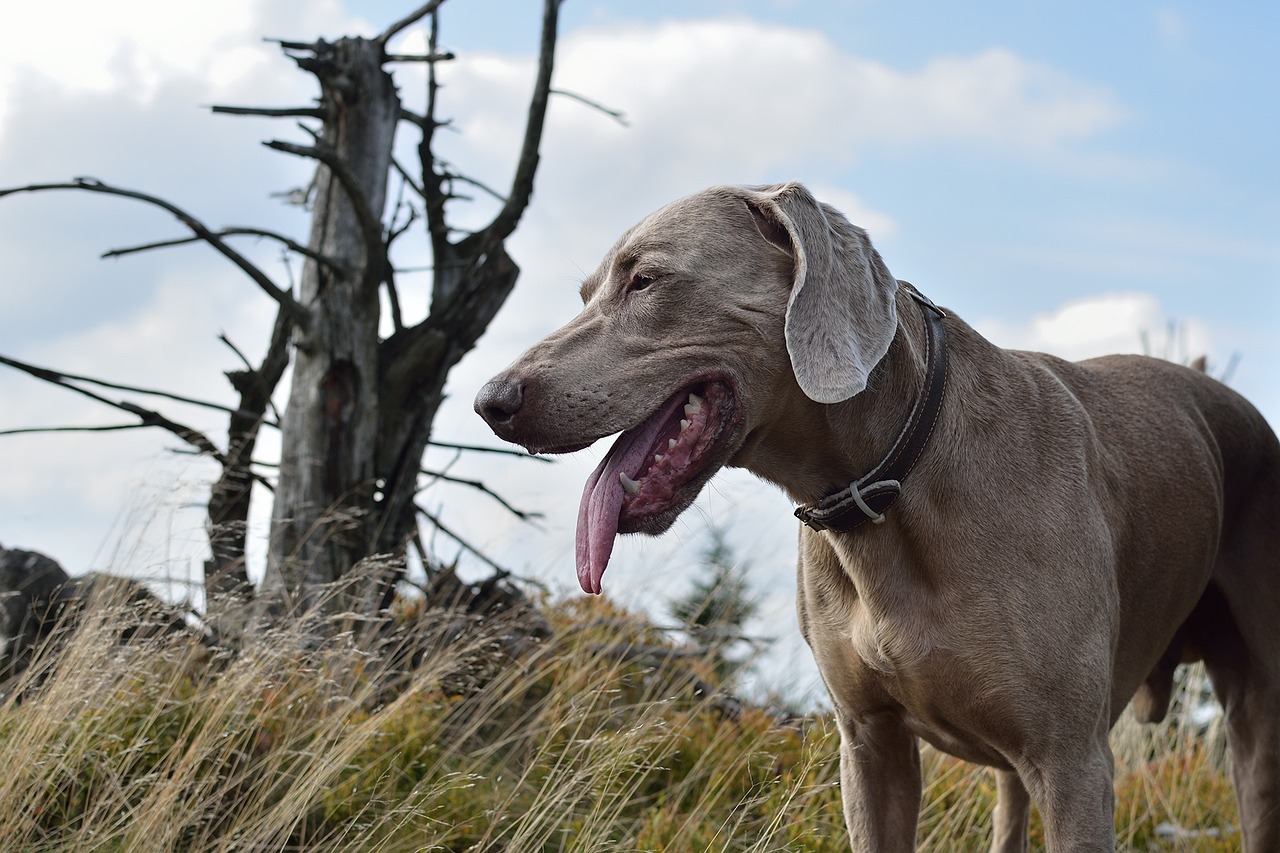


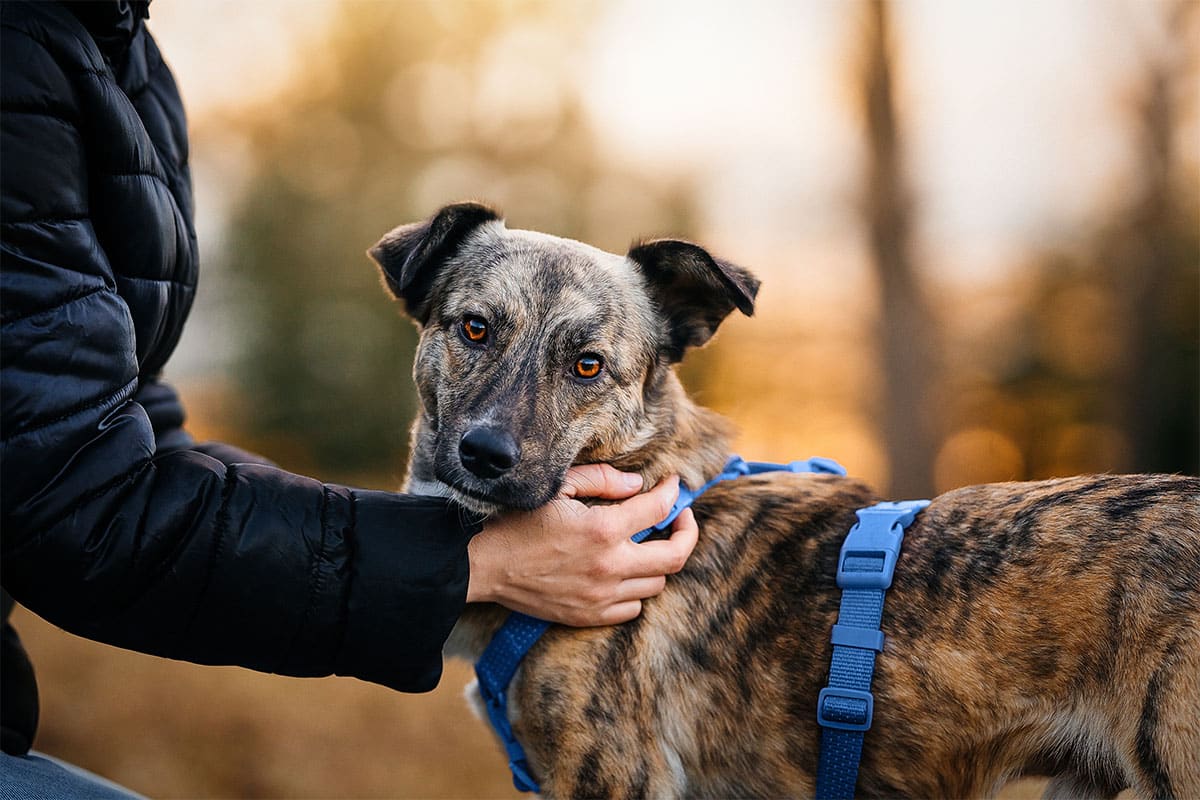
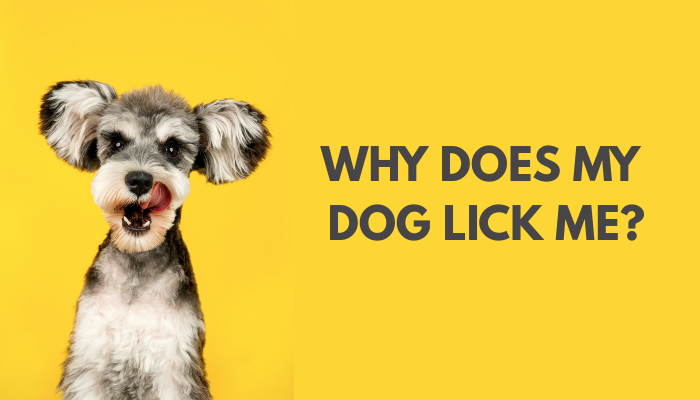

 English (US) ·
English (US) ·